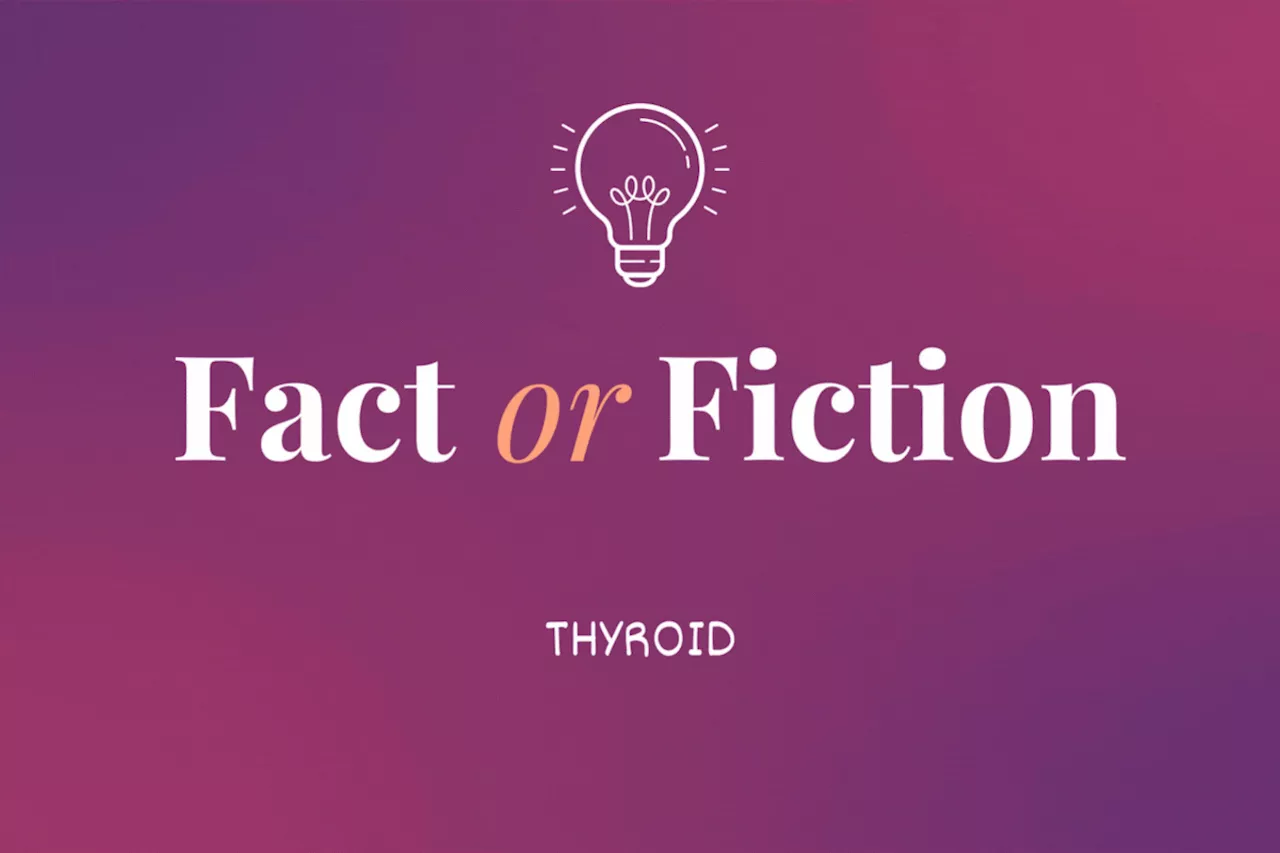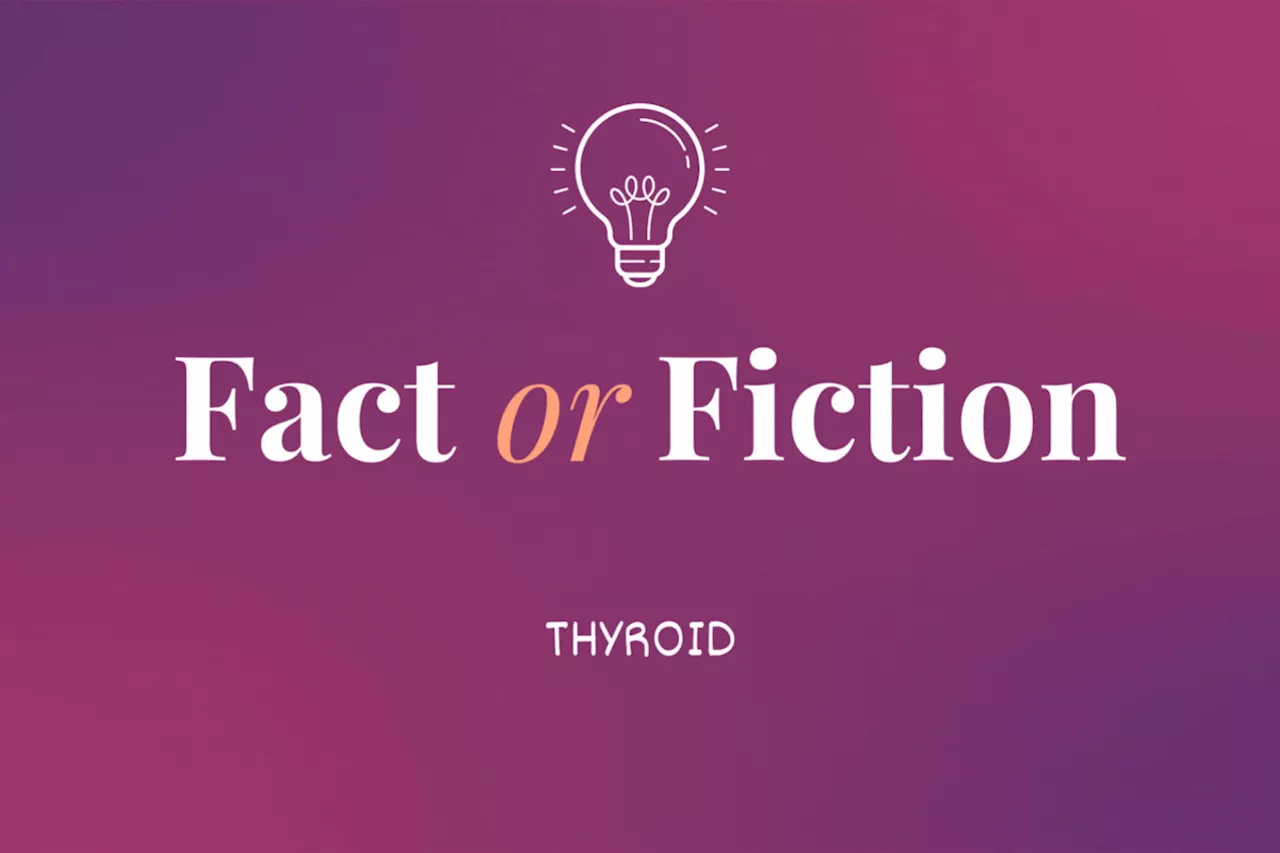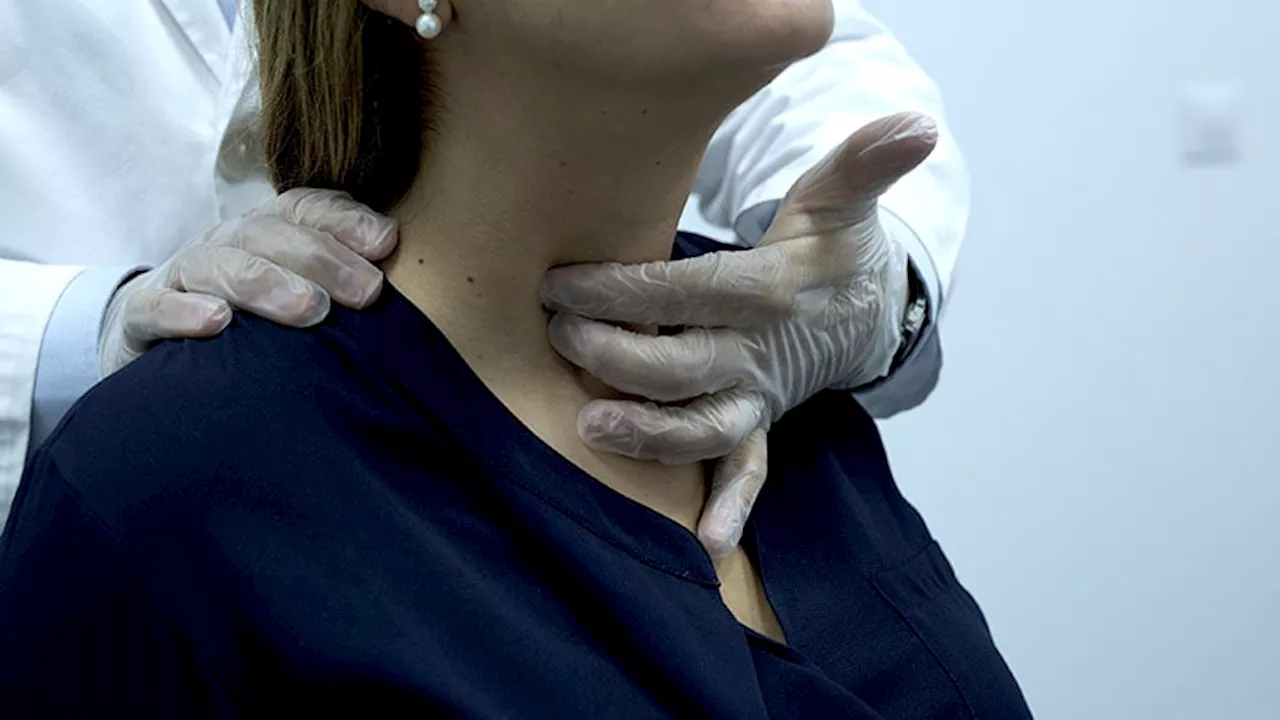Researchers found a reduced risk for gynecologic cancers in women with hyperthyroidism, suggesting a link between thyroid function level and gynecologic cancer risk.
The risk of developing gynecologic cancer is lower in women with hyperthyroidism than in those without it, found a large study.This population-based cohort study used data from the Taiwan National Health Insurance Research Database to identify women who were diagnosed with thyroid disease between January 2000 and December 2018.
The findings may alert oncologists and healthcare decision-makers toward gynecologic cancer trends and prompt further research to understand the mechanism by which thyroid hormone regulates reproductive function, the authors noted.This study was led by John Hang Leung from the Ditmanson Medical Foundation Chia-Yi Christian Hospital, Chiayi, Taiwan, and publishedThe study data were obtained from administrative claims databases, so there is a possibility of underestimation or overestimation.
United Kingdom Latest News, United Kingdom Headlines
Similar News:You can also read news stories similar to this one that we have collected from other news sources.
 Fact or Fiction: ThyroidTake our quiz to see what you know and learn important information about your thyroid
Fact or Fiction: ThyroidTake our quiz to see what you know and learn important information about your thyroid
Read more »
 Copy of True or False: ThyroidTake our quiz to see what you know and learn important information about your thyroid
Copy of True or False: ThyroidTake our quiz to see what you know and learn important information about your thyroid
Read more »
 3 Decades, 3 Cancers: Reporter Stacey Sager's story of perseverance, sacrifice and survivalThis is a first-hand account from our Stacey Sager, who shares her story of perseverance, sacrifice, and survival as she overcame three separate cancers during three separate decades of her adult life.
3 Decades, 3 Cancers: Reporter Stacey Sager's story of perseverance, sacrifice and survivalThis is a first-hand account from our Stacey Sager, who shares her story of perseverance, sacrifice, and survival as she overcame three separate cancers during three separate decades of her adult life.
Read more »
 Just In: Another Clue To Why Women Are More Likely To Have Autoimmune DisordersThe race to understand autoimmune disease continues.
Just In: Another Clue To Why Women Are More Likely To Have Autoimmune DisordersThe race to understand autoimmune disease continues.
Read more »
 Eating DisordersEating disorders commonly overlap with ADHD, due in part to traits like impulsivity, executive function deficits, low dopamine production, and more.
Eating DisordersEating disorders commonly overlap with ADHD, due in part to traits like impulsivity, executive function deficits, low dopamine production, and more.
Read more »
 EMA Approves Treatments for Psoriasis and Other Autoimmune DisordersThe biosimilar Pyzchiva is highly similar to Stelara, which was approved in the EU in 2009.
EMA Approves Treatments for Psoriasis and Other Autoimmune DisordersThe biosimilar Pyzchiva is highly similar to Stelara, which was approved in the EU in 2009.
Read more »
